In the dynamic world of technology, the ability to quickly adapt to new programming languages is a valuable skill. Whether you’re a seasoned developer expanding your skill set or a newcomer to the coding realm, mastering the art of learning programming languages efficiently is a crucial endeavor. This guide will take you through the steps to learn a new programming language quickly and effectively, ensuring a smooth and rewarding learning journey.
Understanding the Importance of Rapid Language Acquisition
Before we dive into the strategies, let’s explore why the ability to swiftly grasp new programming languages is essential in the ever-evolving landscape of software development.
Significance of Rapid Language Acquisition
– Versatility and Adaptability:
Quickly learning new languages enhances your versatility, allowing you to adapt to different project requirements and tech stacks.
– Career Advancement:
In the competitive tech industry, individuals who can readily acquire and apply new programming languages are often sought after for their adaptability and problem-solving skills.
– Staying Current:
Given the continuous evolution of programming languages, staying current with the latest technologies is vital for professional growth.
Strategies for Quick and Effective Language Learning
1. Define Your Learning Goals and Project
– Clear Objectives:
Define specific learning objectives, whether it’s mastering the basics or building a small project using the new language.
– Practical Application:
Apply your learning to a real-world project to reinforce theoretical knowledge.
2. Utilize Online Resources and Tutorials
– Interactive Platforms:
Leverage interactive learning platforms like Codecademy, Coursera, or freeCodeCamp for hands-on experience.
– Video Tutorials:
Watch video tutorials on platforms like YouTube to gain practical insights and tips from experienced developers.
3. Engage with Coding Communities
– Join Forums and Communities:
Participate in coding forums (e.g., Stack Overflow) and communities to seek help, share experiences, and learn from others.
– Collaborative Coding:
Engage in collaborative coding projects on platforms like GitHub to gain practical experience.
4. Work on Practical Exercises and Projects
– Coding Challenges:
Solve coding challenges on platforms like HackerRank or LeetCode to enhance problem-solving skills.
– Build Projects:
Undertake small coding projects to apply your knowledge and reinforce your understanding of the language.
5. Read Documentation and Books
– Official Documentation:
Read the official documentation of the programming language to understand its features, syntax, and best practices.
– Recommended Books:
Invest time in reading books recommended by experienced developers to gain deeper insights.
6. Practice Regularly
– Consistent Practice:
Set aside dedicated time each day for consistent practice to reinforce your learning.
– Code Challenges:
Engage in coding challenges regularly to improve your coding skills and problem-solving abilities.
Conclusion: Mastering the Art of Quick Language Learning
In conclusion, the ability to swiftly learn new programming languages is a valuable skill that empowers you to navigate the ever-changing landscape of technology. By defining clear learning goals, utilizing online resources, engaging with coding communities, working on practical exercises, reading documentation, and practicing consistently, you can expedite your language acquisition process.
Remember, the key lies in practical application and continuous engagement with the coding community. Embrace the learning journey, stay curious, and apply your newfound knowledge to real-world projects. The faster you can adapt to new languages, the more resilient and valuable you become in the dynamic field of software development. Start your language learning journey today and unlock a world of possibilities in the realm of programming.

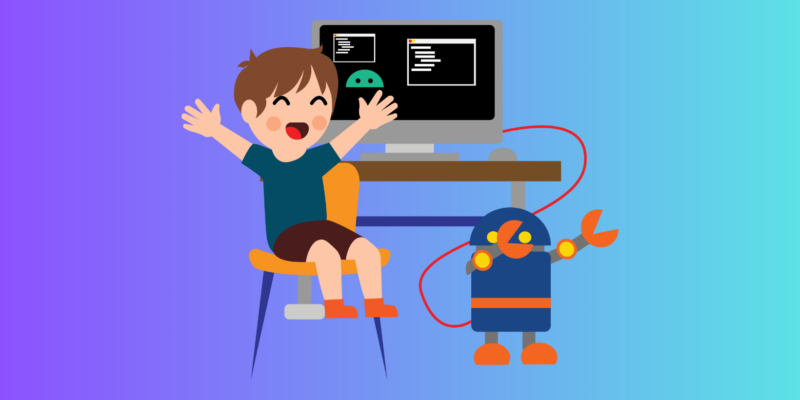
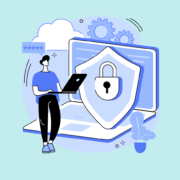
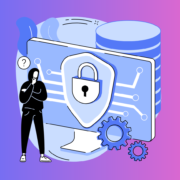
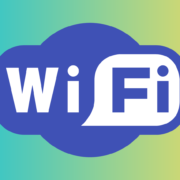
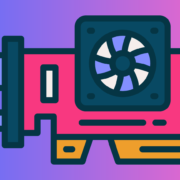
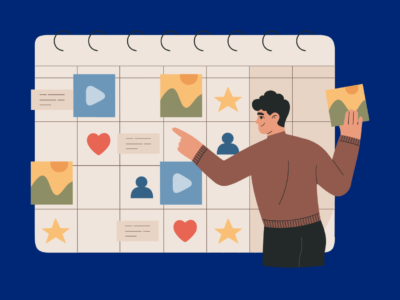
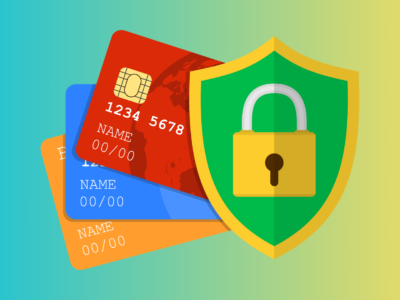
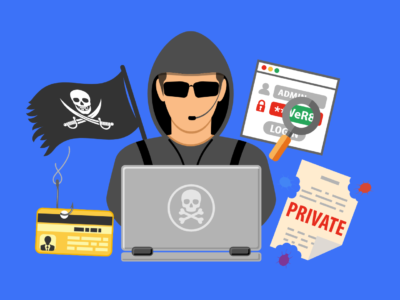
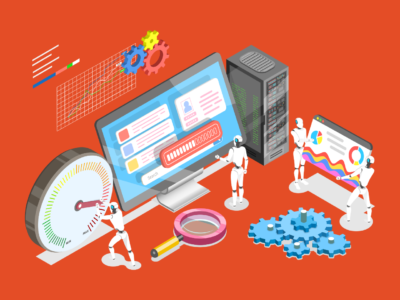
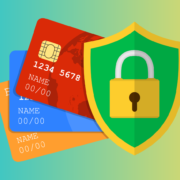
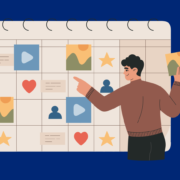
Comments